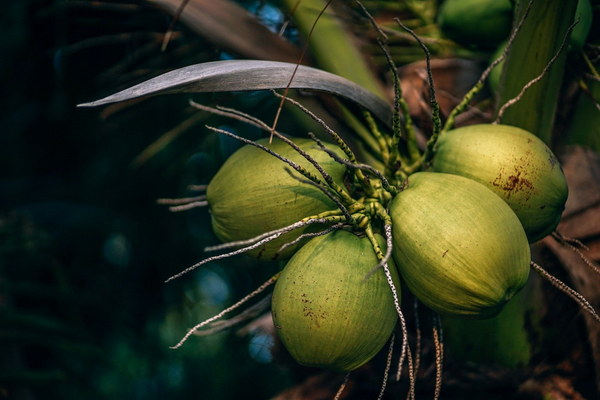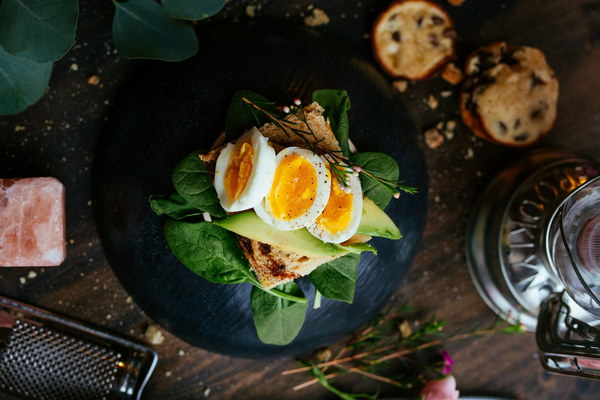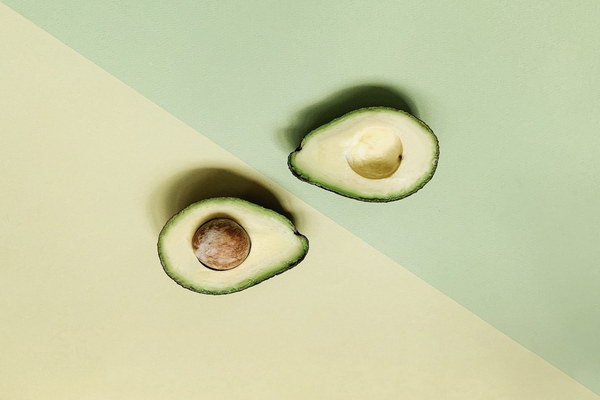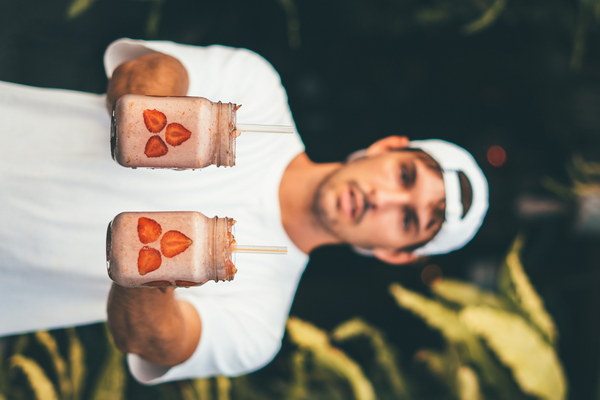The Royal Remedy Emperor Pu Yi's Tradition of Chinese Herbs and Tonics
In the annals of Chinese history, Emperor Pu Yi, the last Emperor of the Qing Dynasty, was not only a figure of imperial grandeur but also a connoisseur of traditional medicine. His reign, spanning from 1908 to 1912, saw a blend of ancient rituals and modern challenges, but through it all, Pu Yi's reliance on Chinese herbs and tonics remained a steadfast tradition. This article delves into the world of Pu Yi's medicinal practices, exploring the significance of these remedies in his life and the legacy they left behind.
Emperor Pu Yi, born on February 7, 1906, was the final ruler of the Qing Dynasty, a family that had governed China for nearly three centuries. His reign was marked by a tumultuous period of transition, as the last Manchu emperor grappled with the rise of modernity and the growing influence of Western powers. Despite the political upheaval, Pu Yi's personal life was steeped in the customs and rituals of the imperial court, including a profound belief in the power of Chinese medicine.
The tradition of using Chinese herbs and tonics was deeply rooted in the imperial family's heritage. Pu Yi's ancestors had long been advocates of these natural remedies, believing that they could enhance health, vitality, and longevity. As a child, Pu Yi was introduced to the art of herbal medicine by his personal physician, Dr. Li, who was tasked with overseeing his health and well-being.
One of the most notable aspects of Pu Yi's medicinal regimen was his reliance on tonics. These were not merely treatments for illness but rather preventive measures designed to maintain his body's balance and harmony. Tonics, often made from a combination of herbs, were believed to strengthen the immune system, improve digestion, and increase energy levels.
One such tonic that Pu Yi was particularly fond of was the Ten Treasure Pill, a mixture of over 30 different herbs and minerals, including ginseng, deer antler, and rhubarb. This elixir was said to boost the body's Yang energy, which, according to traditional Chinese medicine, is associated with vitality and strength. Another favorite was the Elixir of Life, a concoction of 60 herbs, including rehmannia, codonopsis, and atractylodes, which was believed to nourish the Yin energy, linked to calmness and longevity.

Pu Yi's physician, Dr. Li, was meticulous in crafting these tonics, ensuring that each ingredient was sourced from the finest suppliers and blended with precision. The emperor's daily routine included a series of rituals that accompanied his intake of these remedies. He would begin each morning with a cup of warm water and a small dose of the Ten Treasure Pill, followed by a light meal. His day would continue with regular consultations with Dr. Li, who would adjust his regimen based on Pu Yi's current health status and the seasons.
The emperor's commitment to Chinese medicine was not limited to tonics. He was also a patron of other forms of traditional treatment, such as acupuncture and cupping, which were used to alleviate pain and promote healing. Pu Yi's personal physician, Dr. Li, was a master of these techniques, often performing them on the emperor himself.
As Pu Yi's reign came to an end, the fall of the Qing Dynasty brought an end to his imperial lifestyle. He was deposed in 1912 and spent the remainder of his life in exile, first in Japan and later in China. Despite the change in circumstances, Pu Yi's interest in Chinese medicine never waned. He continued to use herbs and tonics, drawing on the knowledge he had accumulated during his time in the imperial court.
The legacy of Pu Yi's medicinal practices extends beyond his personal life. His interest in Chinese herbs and tonics helped to preserve and promote the traditional practices of Chinese medicine. Today, these remedies continue to be used by millions of people around the world, offering a bridge between ancient wisdom and modern health care.
In conclusion, Emperor Pu Yi's tradition of using Chinese herbs and tonics is a testament to the enduring power of traditional medicine. Through his personal experiences and patronage, Pu Yi ensured that the knowledge of these remedies would be passed down through generations. His legacy serves as a reminder that, even in the face of change and adversity, the pursuit of health and wellness remains a timeless pursuit.









